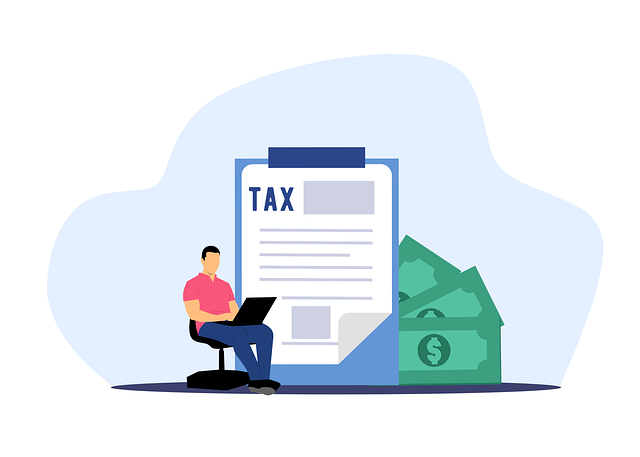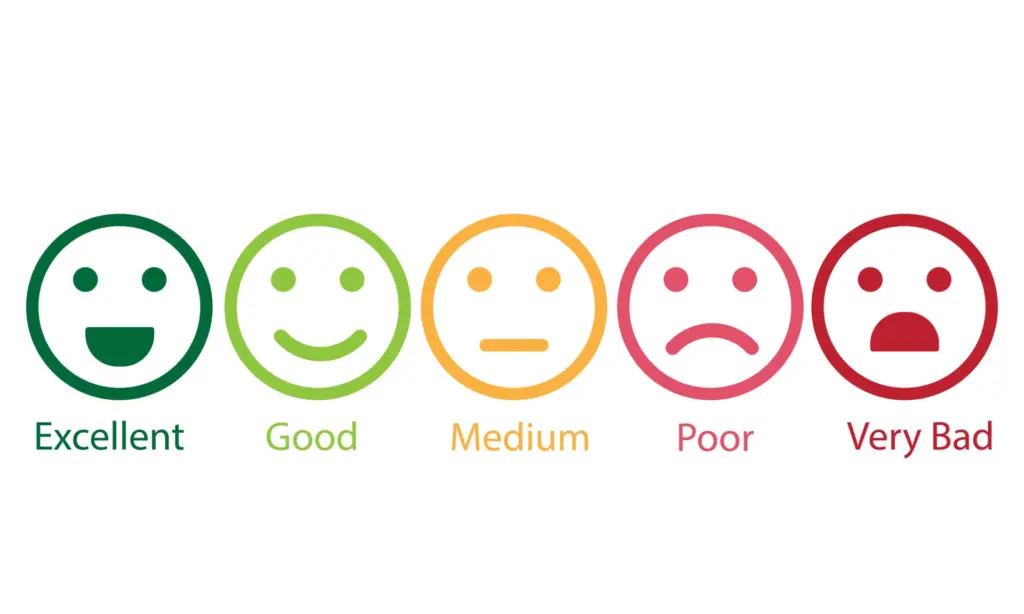While working on your own gives you so many amazing opportunities, the cons of being a freelancer shouldn’t be underestimated. Having a realistic idea of what to expect will make it much easier for you to prepare for common challenges and overcome obstacles.
Freelancers and self-employed individuals have to deal with various financial challenges that people who are employed by someone else don’t experience.
Being Responsible for All Business Expenses

As a freelancer, you’re responsible for acquiring everything needed to do your job.
This is probably one of the biggest cons of being a freelancer, especially if you’re just getting started and you’re dealing with a tight budget.
At the same time, investing in your business is the key to growth in the long run.
As a freelancer, you wouldn’t need as many tools and pieces of equipment as a business operating in the realm of manufacturing, for example. A good computer, internet connectivity, the right software products, and a few additional supplies will be enough.
Do a calculation in advance and determine the amount you’ll need to launch your business successfully. If you have to continue working a regular job until you’ve acquired the essentials. It’s also possible to work part-time and do part-time freelance gigs to test the waters and make sure the required investment isn’t burdening you financially.
Determining How to Charge Customers to Maintain Competitiveness

Setting your rates is a tricky business. You have to value your experience and you have to earn enough. At the same time, you’re operating in a very competitive market. If your rates are too high and your services don’t deliver added value, you’ll struggle attracting clients.
With time and experience, you’ll find it much easier to set competitive rates.
Do some research when starting out. How much are freelancers in your field charging clients? Do they pick hourly or fixed rates?
Choose an amount that seems right and begin pitching. Communication with potential clients and negotiating the financial parameters of the interaction will help you determine if you’re asking for too little or too much.
Also, don’t forget to raise your rates periodically. Acquiring more knowledge and experience makes your labor more valuable. It’s a good idea to slightly increase rates once per year, account for inflation and your newly-acquired knowledge.
Lacking Insurance and Retirement Benefits

As far as the long-term cons of being a freelancer are concerned, this is a major one.
When you are employed, you have access to multiple benefits within the organization. You will probably have an insurance plan and some form of retirement plan. These perks are missing when you’re a self-employed individual.
You are the one responsible for planning both insurance and investment funds.
If you don’t know how to handle those, talk to a financial or an investment consultant. Don’t underestimate the importance of planning for the future. Enjoying your life right now and spending all of the money you make could mean serious trouble in the event of an emergency.
At the very least, you should have some health insurance and a savings account. Investing in something that will give you good returns is also important.
Luckily, you have so many options to consider – property, precious metals, stocks, bonds, cryptocurrencies, etc. Discuss your financial goals with a consultant and together, you’ll get to come up with the investment or saving strategy that’s best.
The Financial Cons of Being a Freelancer: No Security
Every field evolves rapidly. Disruptive technologies and innovations quickly change the market landscape, creating new opportunities but also taking some away from freelance professionals.
You could be super busy right now, generating a ton of revenue. This, however, doesn’t mean you’ll always enjoy the same level of profitability.
Most freelancers have gone through work highs followed by extensive dry spells.
You have to accept the fact that you’ll never enjoy absolute financial security if you are a self-employed professional.
To reduce the risk of having no income for months at a time, do consider the development of passive income streams. Selling some of your creative work, starting a monetized blog, or developing your own course/e-book are all great ideas. Having these additional income streams will give you the safety net needed to survive when demand for freelance work in your field is low.
Working on an International Market: Fees and Currency Fluctuations
What many people don’t understand about being a freelancer is that you’re operating within global settings.
Working with international clients often means being paid in a currency that’s different from the one in your country.
When setting rates, you have to account for currency exchange and any additional fees linked to getting paid.
Depending on the platform and the payment method you choose, there may be some significant losses.
Those who work on Upwork, for example, get 10 percent of their earnings chopped off in the form of service fees. Payment platforms like PayPal and Payoneer also have their fees. Additionally, their exchange rates are much less favorable than the official ones in your country.
These factors have to be understood before project commencement. The rate you quote should encompass all the fees, charges, and additional losses stemming from international transactions. Freelancers who find these specifics difficult to navigate will probably do better by offering services to local clients (at least at the beginning of their career).
Accessing Loans and Additional Business Financing
Business owners have access to so many financial tools. Freelancers find it a bit more difficult to get loans or alternative forms of financing upon necessity.
Freelancers can find it difficult to prove they have enough income in order to be granted financial assistance from a bank or any other traditional lending institution.
Personal loans for freelancers and other specialized products are starting to emerge as an option. Often, however, these feature less favorable conditions than traditional lending instruments.
Loans are also available through international platforms – PayPal has an option and so does Payoneer. Eligibility varies by country and there could be some additional requirements for freelancers to fulfill before qualifying.
If you are looking for a source of funding, do contact a couple of banks and a few online lending service providers. Having multiple quotes to look through will give you a better idea about the terms, conditions, and the long-term commitment you’ll be making by choosing each of the products.
Payment Delays and Clients Ghosting You
This one may not be unique to freelancers (all businesses experience such issues) but it seems that self-employed professionals have to deal with those kinds of issues more often than everyone else.
Payment delays and clients refusing to pay can happen whenever a freelancer is not using a work platform. Even if there’s a contract in place, some clients will still avoid making a payment. It’s even possible for them to disappear altogether.
While pursuing legal action is always an option, that can be difficult for interactions that occur internationally. There will always be some risk of doing the job and not getting paid for it or having a client wait a long time before finally releasing the funds.
Filtering through offers and doing some careful client curation are both key to reducing the risk of not being paid. Asking for a small advance payment before work begins is another good idea. Clients who aren’t serious about finalizing the transaction wouldn’t be willing to commit upfront.
Mitigating the Risks

Do the financial cons of being a freelancer outweigh the pros? Not really, especially if you are strategic and you have a safety net in place.
Starting your own business always comes with some risks.
Many ventures fail because the individuals who launched the idea weren’t prepared for the most common challenges.
This guide outlines some of the most typical financial difficulties most freelancers will experience over the course of their career.
Recovering from those issues is possible most of the time, especially if you do your research in advance and you never put all your eggs in the same basket.
If you have to, talk to a financial consultant and an accountant before starting your business. They’ll give you a good idea about the expenses to anticipate, the challenges and the opportunities that you’ll have to deal with.
Equipped with such information, you’ll find it a lot easier to come up with emergency plans, as well as with alternative sources of income to support yourself when the going gets tough.
